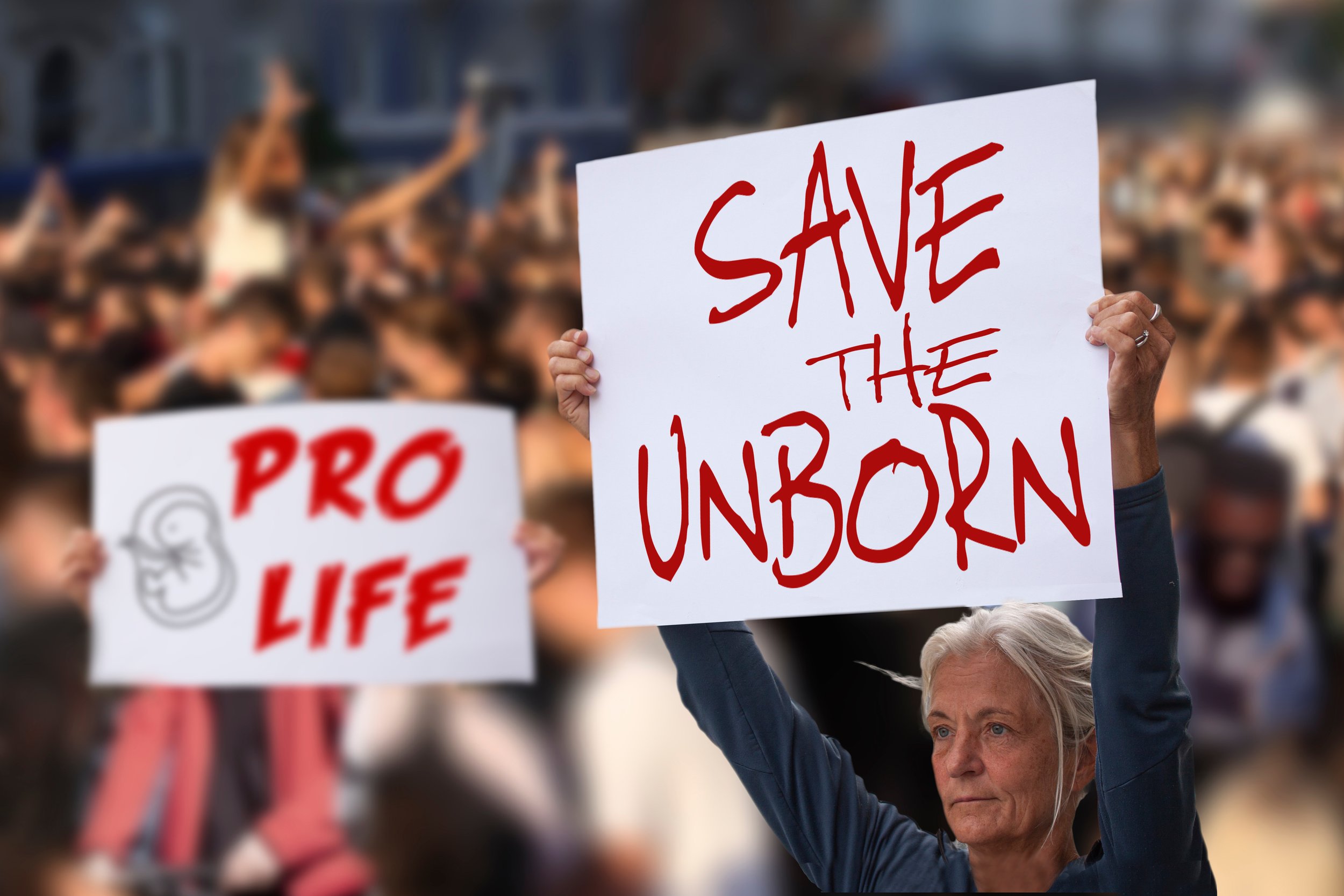Causes of Political Conflict
Competing Personalities
Our personalities affect what appeals to us. The same traits that shape our taste in bedroom decor (like Openness and Conscientiousness) can also shape our political preferences. People with different personalities will like different political ideologies, issues, and candidates.
This is especially true when people eat, sleep, and breathe politics - either because of who they are, or the environment they’re in. Lots of people are indifferent about politics, but some people see their political views as a defining part of who they are. For people in this latter group, personality and politics are more closely related - specifically, the “need for closure” predicts conservatism (Federico & Ekstrom, 2018, Psychological Science). During presidential campaigns, people get an unusually heavy dose of political news and advertising. Traits and candidate preferences are more strongly aligned at the end of these campaigns than they are at the beginning (Ekstrom & Federico, 2019, Journal of Personality). People high in Openness and low in Conscientiousness tend to adopt more liberal views as campaigns wear on.
Competing Moral Beliefs
People disagree about “right” and “wrong.” For example, some people view capital punishment as morally necessary, whereas others view it as morally wrong.
Moral disagreement can make conflicts more intractable. I try to find out why. In my dissertation (Ekstrom, in prep) and my work since then (Ekstrom & Lai, 2022), I look to see what makes moralized attitudes special. I find some evidence that people see their moralized attitudes as social identities like race or gender - a part of who they are, and a way to distinguish “us” from “them.”
Competing Identities
We fight for “us” and against “them.” When people adopt political identities - as a Republican, as a Democrat, or any party or ideology - they see their “team’s” wins and losses as their own. This pits them against rival groups. Both personality and moral beliefs can influence political identities.
Personality traits shape identities. My research suggests that personality traits are only connected to individuals’ issue attitudes (Federico & Ekstrom, 2018) and candidate evaluations (Ekstrom & Federico, 2019) because they shape their identities - in these studies, their identities as Democrats and Republicans or as liberals and conservatives.
Moral beliefs shape identities. When people see their stance on an issue in moral terms, they see that stance as a part of who they are. That sense of identification with an issue, in turn, leads them to group others by their positions on that issue, and to avoid those on the “wrong” side (Ekstrom, in prep).





